Clandestine FBI Inquiry Rattles 9/11 Tribunals
A visit by FBI agents to a member of the team defending one of the men accused of plotting the 9/11 attacks is a reminder that, "no matter how much the proceedings" at Guantanamo Bay "resemble a familiar American trial, the invisible hand of the United States government is at work there in ways unlike anything seen in typical courtrooms."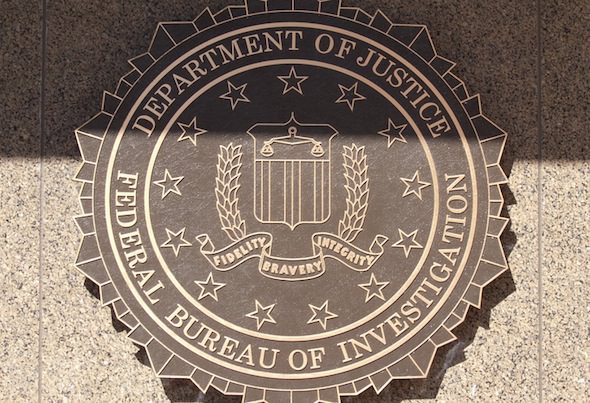
A visit by FBI agents to a member of the team defending one of the men accused of plotting the 9/11 attacks is a reminder that, “no matter how much the proceedings” at Guantanamo Bay “resemble a familiar American trial, the invisible hand of the United States government is at work there in ways unlike anything seen in typical courtrooms.”
Lawyers say the agents asked questions about the legal teams for Ramzi bin al-Shibh, Khalid Sheikh Mohammed and others who will eventually stand trial before a military tribunal at Guantanamo. Before the agents left the meeting, they had the member, a contractor, sign an agreement promising not to tell anyone about the conversation. The contractor apparently disobeyed that agreement and disclosed the encounter to the legal team.
The New York Times reports:
Thirteen years after 9/11, nobody has been convicted in connection with the attacks and, because of the F.B.I. visit, a trial could be delayed even longer. But it was only the latest in a string of strange events at Guantánamo Bay that, coupled with the decade-long delay, have undermined a process that was supposed to move swiftly, without the encumbrances of the civilian legal system and its traditional rules of evidence.
Eugene R. Fidell, a professor of military justice at Yale Law School, said of the environment in which the trial is occurring, “It’s a courtroom with three benches. … There’s one person pretending to be the judge, and two other agencies behind the scenes exerting at least as much influence.”
The Times gave an example of the government’s secret, behind the scenes attempts to influence the trial:
Last year, as a lawyer for Mr. Mohammed was speaking during another hearing, a red light began flashing. Then the videofeed from the courtroom abruptly cut out. The emergency censorship system had been activated. But why? And by whom? The defense lawyer had said nothing classified. And the court officer responsible for protecting state secrets had not triggered the system. Days later, the military judge, Col. James L. Pohl, announced that he had been told that an “original classification authority” — meaning the C.I.A. — was secretly monitoring the proceedings. Unknown to everyone else, the agency had its own button, which the judge swiftly and angrily disconnected.
As was said above, the trial could be delayed again. The agency’s inquiry was the focus of the pretrial hearings at Guantanamo this week.
Read more here.
— Posted by Alexander Reed Kelly.
Your support matters…Independent journalism is under threat and overshadowed by heavily funded mainstream media.
You can help level the playing field. Become a member.
Your tax-deductible contribution keeps us digging beneath the headlines to give you thought-provoking, investigative reporting and analysis that unearths what's really happening- without compromise.
Give today to support our courageous, independent journalists.

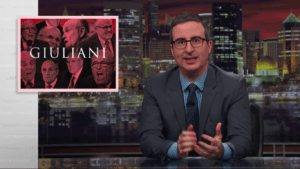
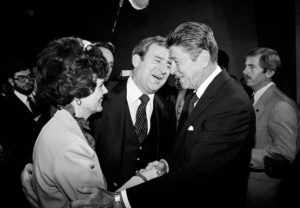
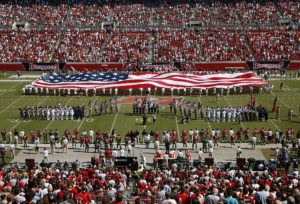
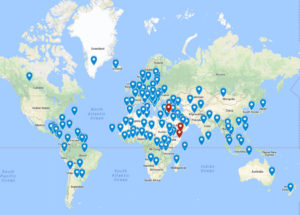
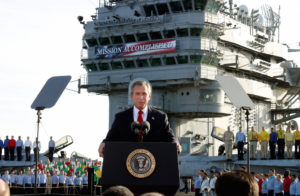
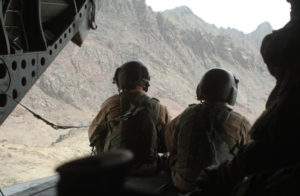


You need to be a supporter to comment.
There are currently no responses to this article.
Be the first to respond.